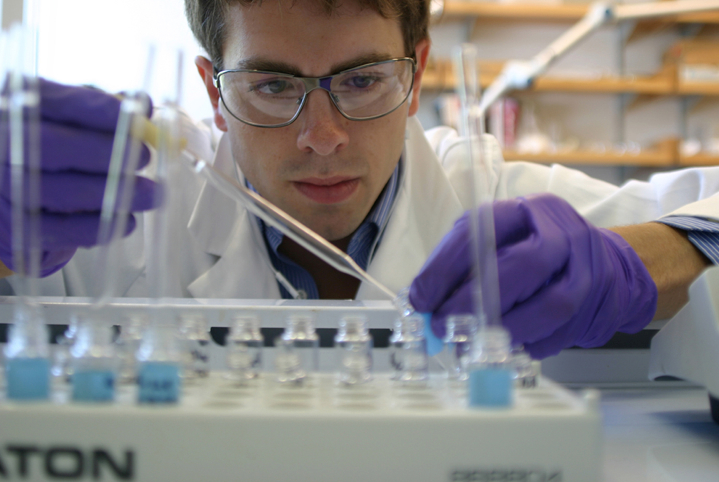I am fascinated by the relationships among humans, animals, plants, microbes, and the environment that create amazingly productive and biodiverse marine ecosystems. Growing up on the water in a family of scientists, my life has been a never-ending stream of “Why’s” and “How’s”. With degrees in Biology, Ecology, Oceanography, and Organic Geochemistry, that curiosity has blossomed into a career dedicated to understanding the role that food web architecture plays in the structure, function, and resilience of past and present marine ecosystems. I am particularly interested in how climate change and anthropogenic disturbances alter food web architecture and the sustainability of human-environment interactions.
Dietary resource utilization is central to life, impacting everything from individual survival and fecundity to the evolutionary trajectory of populations to the structure of entire ecosystem food webs. I develop and apply cutting edge compound-specific stable isotope analysis (CSIA) tools to provide a mechanistic understanding of how consumer-resource relationships build the food web architecture that supports ecosystem function and resilience. Much of my research takes place on coral reefs, where I use CSIA to examine food web architecture, nursery habitat use, and migration of coral reef fishes. This work is being conducted in the Red Sea, the Phoenix Islands, and the Greater Indo-West Pacific to provide scientific support for the development and evaluation of effective ecosystem-based management on coral reefs. As part of a recently funded NSF project, my colleagues and I will be using CSIA to reconstruct the flow of carbon and nitrogen through krill predators (critical nodes in Antarctic food webs) as a function of long term climate oscillations, historic overfishing of marine mammals, and modern rapid climate change. While much of my research is focused on coastal ecosystems, for the past three years at UCSC, I have been applying CSIA fingerprinting techniques to long-lived deep-sea proteinaceous corals to reconstruct past regime shifts in open ocean plankton community dynamics as a function of long term climate change. Our work, recently published in Science, revealed three major plankton regimes corresponding to Northern Hemisphere climate periods over the past 1000 years. This work has provided a powerful new tool for understanding changes in plankton community dynamics, efficacy of the ocean biological pump, and ocean biogeochemical cycling. All told, my research has been an amazing extension of a life long love for understanding how marine ecosystems work.

